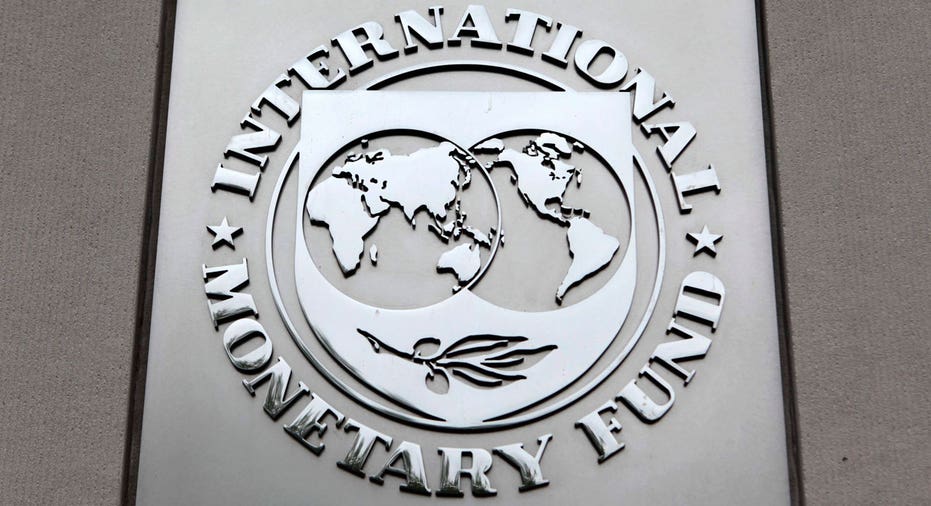IMF: Debts to Stabilize, Other Countries Sitll Vulnerable

Advanced economies are cutting fiscal deficits at the fastest pace since 2011 and are on track to have debt stabilize in the next year, though at a very high level, the IMF said on Wednesday.
Serious deficit-cutting efforts in most advanced economies - with the exception of Japan - means debt is set to stabilize at an average of just below 110 percent of GDP, the International Monetary Fund said in its twice-yearly Fiscal Monitor.
But that level still leaves countries vulnerable to market shocks and could crimp growth, and the Fund urged governments to cut their debt in a way that does not hurt long-term growth.
Japan, given its huge debt burden of over 243 percent of GDP this year, will face the hardest task in cutting its debt among advanced economies, though Ireland and Spain will also have trouble, the IMF said.
It predicted Ireland's government debt should be nearly 176 percent of GDP this year before falling slightly next year, while Spain's should rise to 99 percent of GDP in 2014.
The IMF reserved its sharpest words for Japan, which has still not started on any serious austerity, and plans a stimulus to offset the impact of a sales tax hike to go into effect next year. The IMF said the country must quickly develop a debt-cutting plan if it hopes to achieve its goals of halving its deficit after interest payments by 2015, and achieving a surplus by 2020.
At the same time, the IMF suggested some European countries might consider slowing down their austerity drive due to lagging growth, without specifying which ones.
The IMF also highlighted growing fiscal problems in the developing world, especially in countries in the Middle East and North Africa such as Egypt, Jordan and Morocco that have deteriorating fiscal situations, as well as Pakistan.
"There is an increasing sense that the fiscal positions of a growing number of emerging market economies are more vulnerable than was earlier thought," the IMF said. The IMF on Tuesday estimated gloomier growth for most emerging economies, which would make it more difficult for them to get their finances in order.
The Fund also urged India and Brazil to focus more on fiscal consolidation. Both countries' debt-to-GDP ratios are creeping up to the level of advanced economies, at around 68 percent of output.
The IMF also looked at tax reform proposals as a way of bridging fiscal gaps. While tax rates are already high in most advanced economies it said some countries like the United States and Japan still have room to raise revenue while eliminating exemptions and distortions. Higher taxes on property and on the rich may be good options for some countries, it said.
It also called on countries to reform the international tax system, which relies on rules developed before the advent of multinational corporations, remote service delivery, free capital movement and complex financial stratagems.
Changing laws to reduce tax avoidance by multinational corporations could earn the United States $60 billion a year under some estimates, or a fourth of all the revenue it gets from taxes on corporate income, the IMF said.
Finance officials from the Group of 20 top economies, who will meet in Washington later this week, have already signed off on an action plan to tackle corporate tax avoidance. But the plan, developed by the Organisation for Economic Cooperation and Development (OECD), largely excludes developing countries.
"The chance to review international tax architecture seems to come about once a century; the fundamental issues should not be ducked," the IMF said.